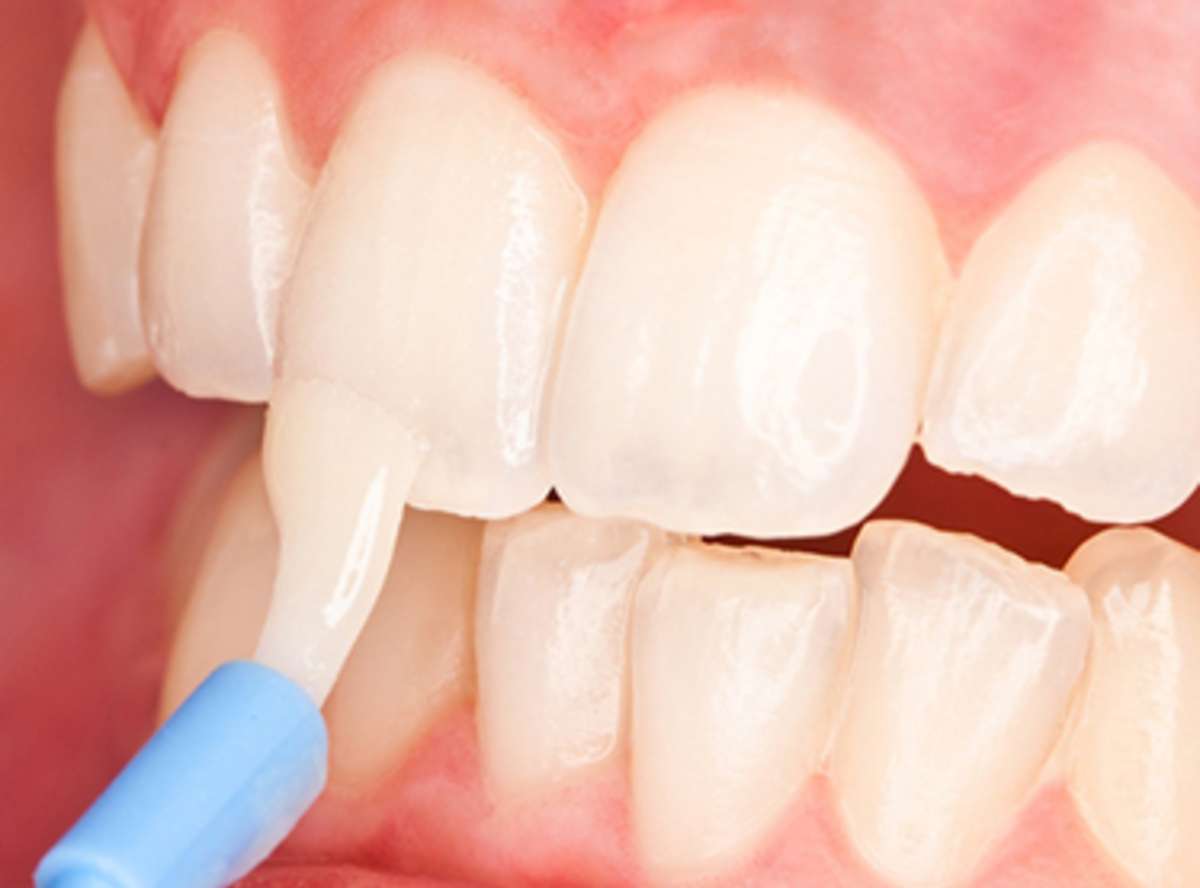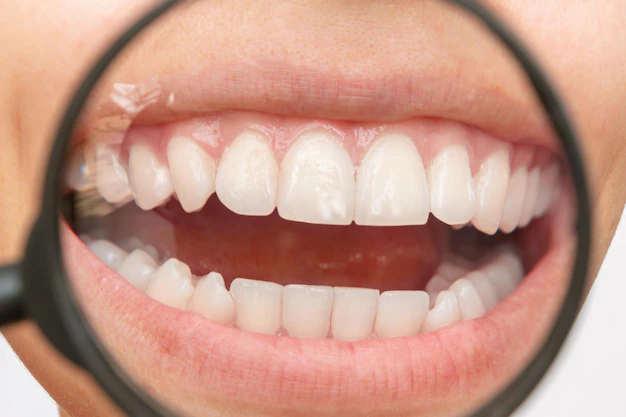Do you cringe at the thought of eating ice cream or sipping a hot cup of coffee because your teeth are sensitive? If so, you’re not alone. Tooth sensitivity affects millions of people worldwide and can make even simple daily activities uncomfortable. But fear not, there is a safe and effective solution to this problem: fluoride treatment. In this blog post, we’ll explore what fluoride is, how it works to treat tooth sensitivity, and its many benefits for your oral health. So let’s dive in!
What Is Fluoride?
Fluoride is a naturally occurring mineral that can be found in water, soil, and certain foods. It has been known for its benefits in promoting dental health for many years. Fluoride works by strengthening tooth enamel, the hard outer layer of teeth that protects against decay.
When fluoride is applied to the surface of teeth, it helps to remineralize areas where enamel may have become weakened or damaged due to acid erosion from bacteria in plaque buildup. This process can help prevent cavities and reduce tooth sensitivity.
In addition to topical applications, fluoride can also be ingested through drinking water or supplements. Many communities add fluoride to their public water supply to improve overall dental health.
While fluoride has proven benefits for oral health, it’s important not to overdo it. Like any other substance, too much fluoride can be harmful and cause fluorosis – a condition characterized by white spots on teeth.
When used correctly and in moderation, fluoride is an effective tool in maintaining healthy teeth and preventing tooth sensitivity.
How Does Fluoride Work To Treat Tooth Sensitivity?
Fluoride is a mineral that occurs naturally in many foods and water sources. It works by strengthening the enamel of your teeth, which makes them more resistant to decay. When applied as a topical treatment, like during a fluoride treatment at the dentist’s office, it can also help reduce tooth sensitivity.
Tooth sensitivity occurs when the protective layer of enamel on your teeth becomes worn down or damaged. This exposes the sensitive nerves inside your teeth to hot or cold temperatures, causing pain and discomfort. Fluoride helps combat this problem by rebuilding weakened areas of enamel.
Fluoride treatments typically involve applying a highly concentrated fluoride gel or foam directly onto your teeth for several minutes. The fluoride then seeps into the tiny pores in your enamel and forms a protective barrier around each tooth.
Over time, this new layer of strengthened enamel will become more resistant to acid erosion from bacteria and food particles. This helps prevent further damage to your teeth and reduces overall sensitivity.
Fluoride treatment is considered a safe and effective way to alleviate tooth sensitivity without resorting to invasive procedures like dental crowns or root canals.
Benefits Of Fluoride Treatment
Fluoride treatment is a safe and effective solution for tooth sensitivity. In addition to reducing sensitivity, fluoride can also provide other benefits for your dental health.
- One of the main advantages of fluoride treatment is that it helps prevent cavities from forming. Fluoride strengthens enamel, making teeth more resistant to decay caused by acid-producing bacteria in the mouth.
- Another benefit of fluoride treatment is that it can help repair the early stages of tooth decay before they progress into larger cavities. This means that regular use of fluoride can potentially save you from needing more extensive dental work down the road.
- In addition to these direct benefits, using fluoride products such as toothpaste or mouthwash can also have a positive impact on your overall oral hygiene routine. These products help freshen breath, remove surface stains, and promote healthy gums in addition to preventing cavities and reducing sensitivity.
Incorporating fluoride into your dental care routine through professional treatments or everyday products is well worth considering for its numerous benefits and ability to improve both short-term comfort and long-term oral health.
The Bottom Line
Fluoride treatment is a safe and effective solution for tooth sensitivity. It can help prevent cavities, strengthen enamel, and reduce the risk of tooth decay. Regular use of fluoride products such as toothpaste, mouthwash, or in-office treatments can benefit people of all ages.
It’s important to note that while fluoride treatment is generally safe, it’s always best to discuss any concerns with your dentist before starting any new dental regimen.
If you’re experiencing tooth sensitivity or want to take preventative measures against cavities and tooth decay, consider incorporating fluoride into your dental routine. Your teeth will thank you for it!


